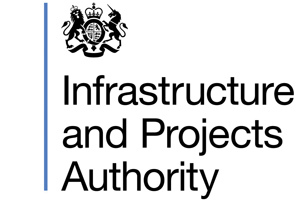7 Lenses is a simple tool to guide your organisation’s transformation journey created by the Infrastructure and Projects Authority (IPA) and Government Digital Service (GDS).

This tool is a result of extensive collaboration between colleagues from across government who have first hand experience in leading large scale transformations, supported by external experts.
1. Vision
Do you have a clear and aligned vision of the desired outcome?
The vision creates the case for change and describes the user needs, the social and policy outcomes of the transformation. It defines how the organisation will operate.
2. Design
How will the organisation be configured?
Having a coherent design is important because complex transformations need a view of how the whole picture fits together to deliver the vision
3. Collaboration
Are you collaborating with all affected stakeholders?
Successful outcomes can only be achieved when people across organisational boundaries are doing the right work at the right time.
4. Planning
Do you have plans set out in realistic delivery phases?
This helps you to understand where you are heading and have a way to measure that the transformation is on track, while understanding how any critical services will be sustained during the change.
5. Accountability
Is it clear who is accountable?
Accountability is about clearly defining the roles within the organisation and the transformation – knowing who is ultimately accountable for what, empowering people to deliver and holding them to account, internally and externally.
6. People
Are you supporting people to change the way they work?
Engagement starts with those people who are affected by the programme and those that are supporting the transformation.
7. Leadership
Have you got the right leadership skills in place?
Transformation leadership is about creating the right amount of uncertainty to generate productive organisational distress.

